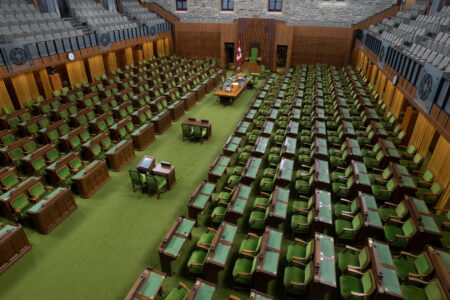
The South Caucasus Pipeline (SCP) takes natural gas from Azerbaijan into Turkey for Turkish consumption. It will soon be connected to the Trans-Anatolian Gas Pipeline (TANAP, from its Turkish initials), which will cross Asia Minor to Europe. TANAP, now under construction and looking to be finished ahead of schedule, is originally the initiative of an Azerbaijani state energy company that owns a majority stake in the pipeline and is its designated operator.
Azerbaijan has just become operator also of the SCP as the Norwegian firm Statoil sold its stake in the project to the State Oil Company of the Azerbaijani Republic (SOCAR). (Statoil also exited the Shah Deniz consortium, which manages the deposit that feeds gas from the Azerbaijani offshore into the SCP, by selling its stake there to the Malaysian firm Petronas.) This means that Azerbaijan will have the predominant voice in managing this entire route from the Caspian Sea to Southeastern Europe.
TANAP was originally scheduled to carry 10 billion cubic meters per year (bcm/y) of gas, for insertion into the Trans-Adriatic Pipeline (TAP) to Italy after crossing Greece. This figure was quickly scaled up to 16 bcm/y, with 22 bcm/y not excluded in the relatively near future. It could eventually be scaled up to 62 bcm/y, by the established industrial expedient of simply laying more « strings » of the pipeline along the established route.
It follows that Azerbaijan will have an important say in whose gas enters TANAP. In the beginning its own gas from the offshore Shah Deniz deposit is on tap. Baku hopes that the Absheron deposit being developed with the French firm Total, will follow suit in time for inclusion into an expanded SCP and TANAP system.
Other candidates for providing gas to Europe from the region include Iran, Iraq and Turkmenistan. Azerbaijan’s statements on the question are solicitous and non-exclusive but always stressing the need for appropriate political and economic conditions to be met. However, each for a different reason, none of these looks like happening until sometime after the start of the next decade, if at all.
Turkmenistan and Iraq are the more likely in the longer term, while the fact that Iran’s gas is in the south of the country would make export of liquefied natural gas (LNG) to world markets an economically more viable option than building an internal pipeline to join up with either the SCP or the TANAP.






